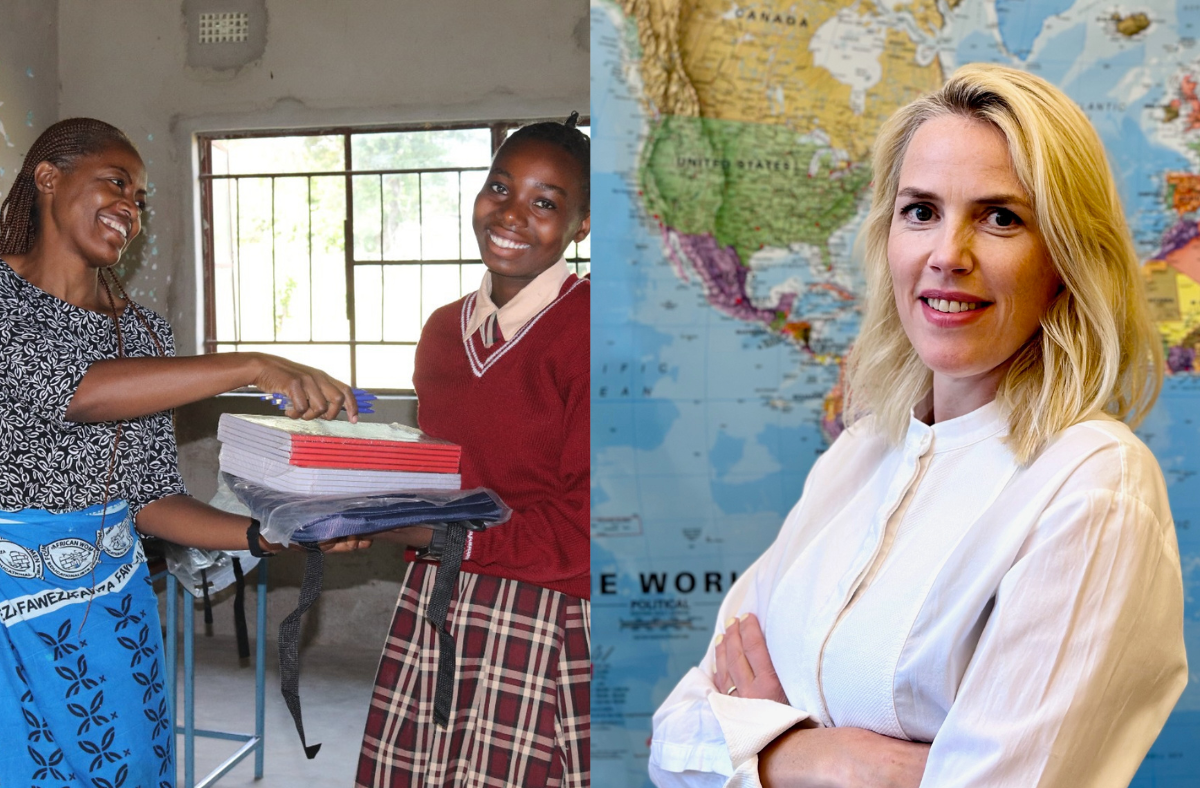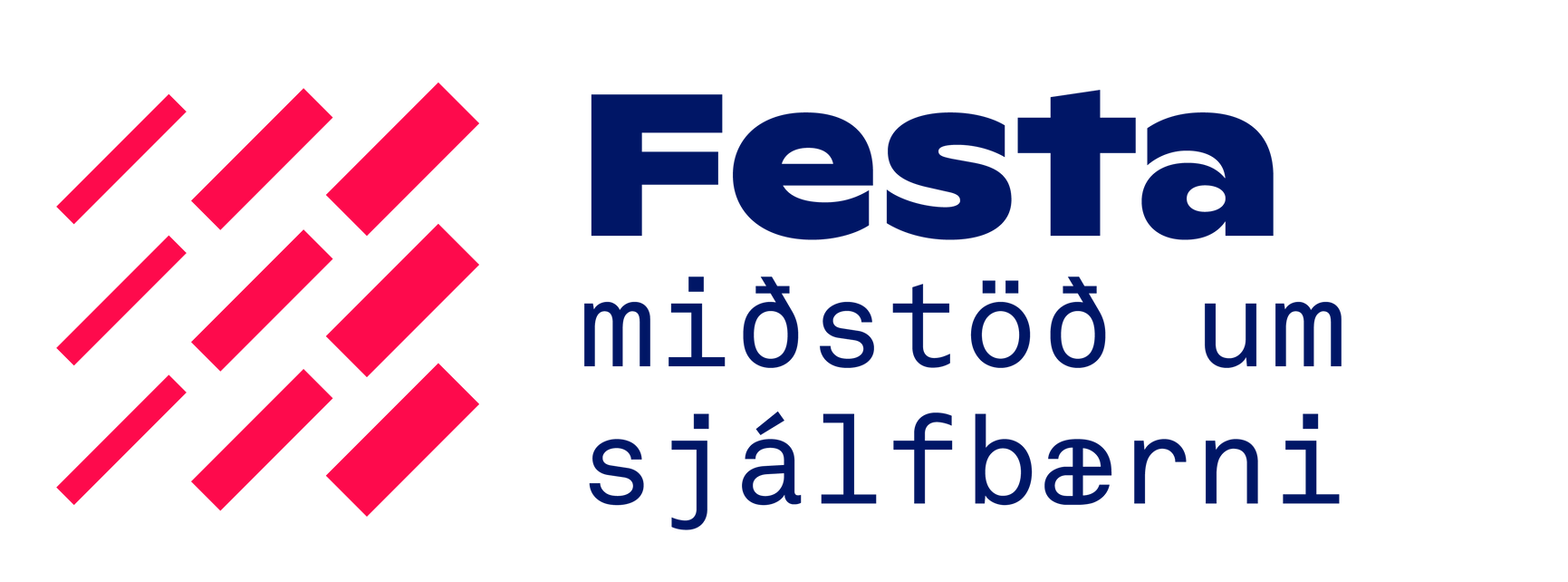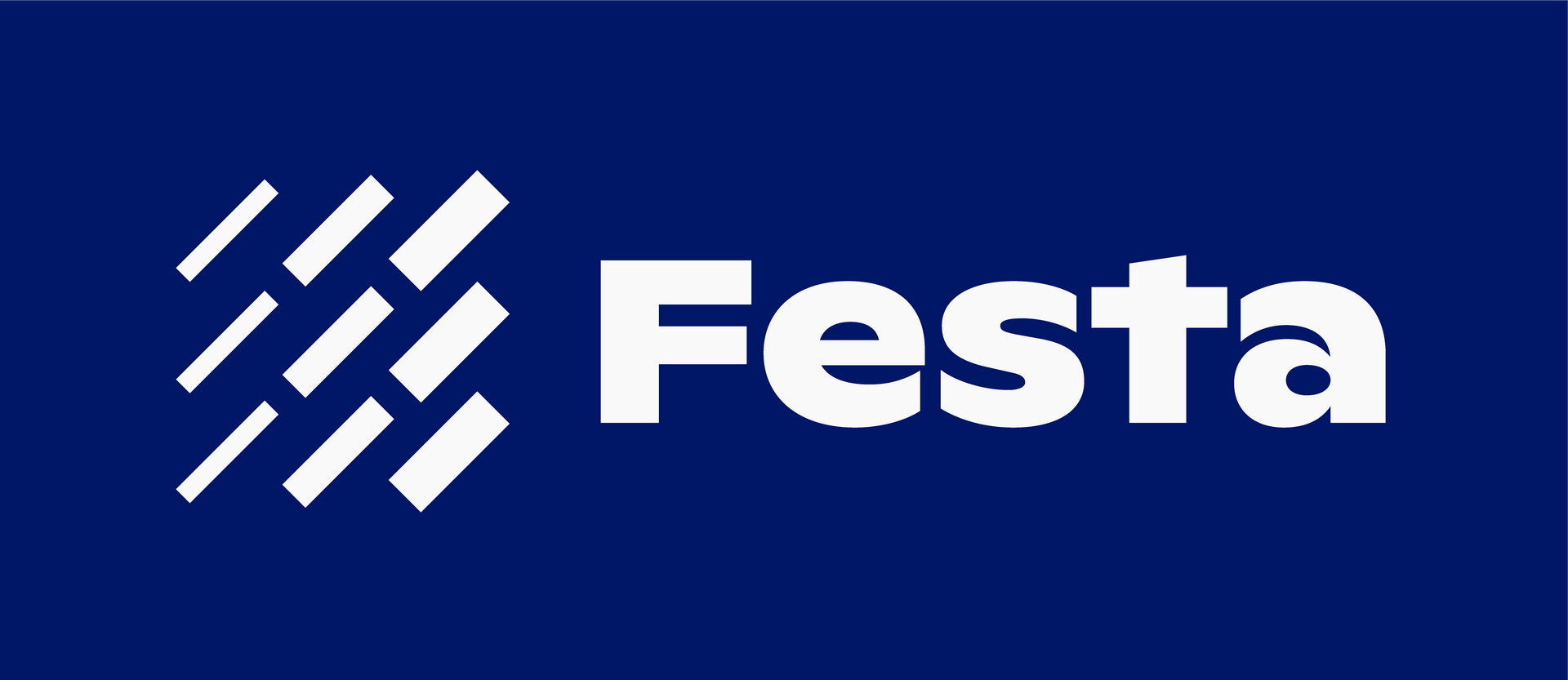04.12.2023
SBTi og hin vanfjármagnaða loftslagslausn menntun stúlkna
Submitted article by Guðnýja Nielsen, CEO of SoGreen

Áhersla SBTi á mótvægisaðgerðir utan virðiskeðju
The Science Based Targets initiative (SBTi) is about to release its Beyond Value Chain Mitigation (BVCM) guidelines. In them, SBTi strongly recommends that companies also invest in mitigation measures outside their value chains because a huge portion of the world's emissions occur outside companies' value chains and national targets are not enough to keep warming to 1.5°C.
Drög SBTi að leiðbeiningunum voru birt í júní og þar er að merkja ákveðna stefnubreytingu því þrjú af þeim sex viðmiðum, sem fyrirtæki eru hvött til að leggja til grundvallar við val á slíkum mótvægisaðgerðum, falla utan áður hefðbundnari áherslum SBTi:
- Climate action that would otherwise not be implemented, simply due to a lack of financial incentives.
- Climate action that has societal benefits, increases resilience and adaptability, or enhances biodiversity.
- Climate action that primarily benefits those communities that are least responsible for climate change but are most vulnerable to it.
Carbon credits production through girls' education
Íslenska frumkvöðlafyrirtækið
SoGreen er einmitt stofnað til höfuðs ofangreindum þremur áskorunum í þeim tilgangi að virkja flæði loftslagsfjármagns til menntunar stúlkna með framleiðslu fyrstu kolefniseininga sinnar tegundar. Vísindsamfélagið hefur lengi bent á áhrifamátt þessarar mikilvægu loftslagslausnar. Menntun eykur þekkingu og vitund stúlkna um réttindi sín, sem eflir ákvörðunarvald þeirra í mikilvægum málum er snerta líf þeirra. Aukið menntunarstig stúlkna dregur hratt úr tíðni barnahjónabanda og seinkar fyrstu þungun, sem leiðir til samdráttar í losun.
130 million girls are out of school today. The project is therefore urgent and it is clear that the new SBTi guidelines can mobilize a number of ambitious companies to participate. The first SoGreen projects have already started in Zambia, in collaboration with aid organizations that specialize in girls' education. Nearly fifty diverse Icelandic companies, four of which have set themselves targets for reducing emissions according to SBTi, have secured the passive carbon credits that the projects produce. After certification, when the climate benefit has been achieved, the credits will be activated and deregistered.
It is easy to forget that these marginalized girls are often the first victims of climate change, as when natural disasters cause crop failures and the livelihoods of vulnerable families are lost, desperate parents resort to taking their daughters out of school and marrying them off to ease the burden on the household. This vicious cycle needs to be broken, and SoGreen is not going to let it go.




